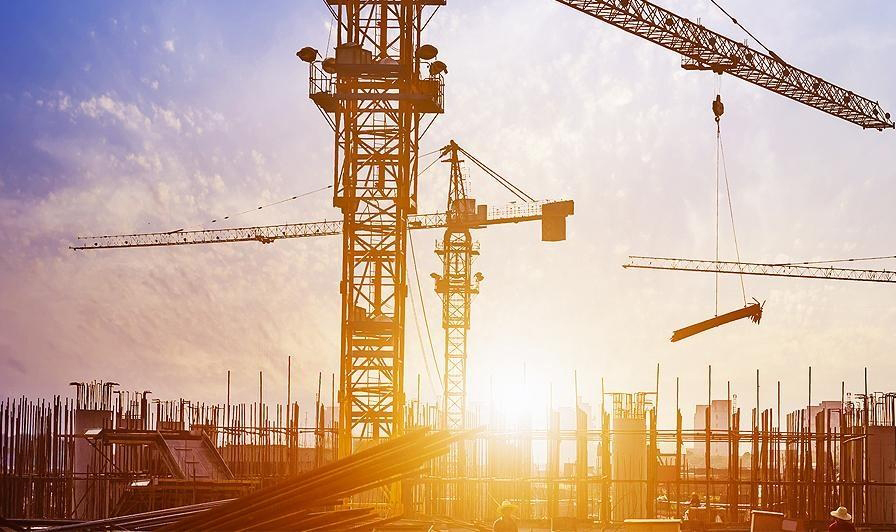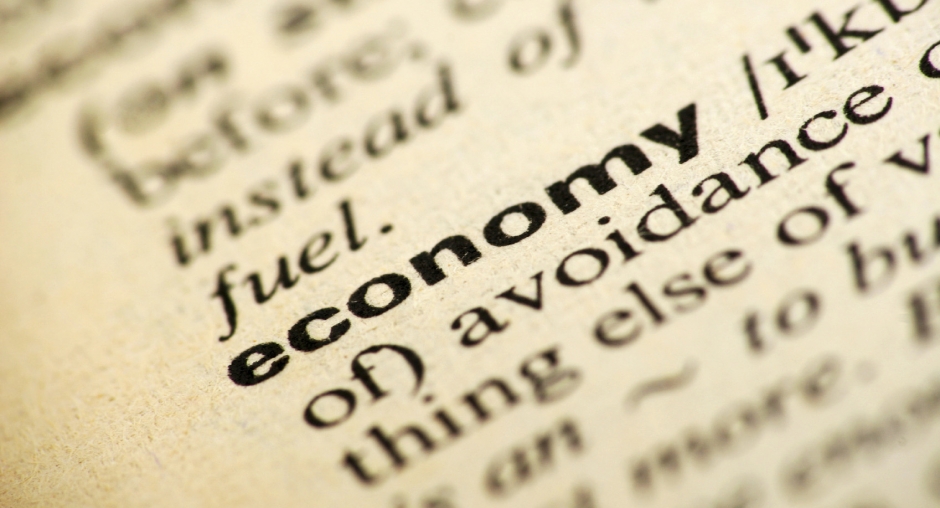“Enlarge the place of your tent, And let them stretch out the curtains of your dwellings;
Do not spare; Lengthen your cords, And strengthen your stakes.
For you shall expand to the right and to the left…
Isaiah 54:2,3
Main Prayer Focus of the Week:
- The downfall of the Shebna type of leaders and managers in the institutions related to infrastructure development
- Divine judgment on corruption in the infrastructure development sector
- Promotion of the Eliakim type of leaders and managers in the institutions in the infrastructure development sectors
- The development of a solid foundation in Uganda’s infrastructure sector: roads, railways, air transportation, water and sewerage, communication, power supply, internet services, schools, and hospitals
OVERVIEW OF THE WEEK’S FOCUS
The availability of infrastructure services to meet the demands of businesses, households and other users is a major driver of economic growth and development. A simple definition of infrastructure is the basic facilities and installations that help a government or community run[1]. Physical infrastructure covers transportation, power, and communication while social infrastructure includes water supply, sanitation, sewage disposal, education and health. An example of infrastructure is the road network, water supply, and power lines for a new housing development.
Good infrastructure is vital for the mother and children who walk distances every day to collect water. Piped clean and safe water means they have time to do other things and that the children do not get sick; in some parts of the country, children miss school just because they have to collect water. Adequate and cheap electricity supply enables students to study when it gets dark without inhaling dangerous fumes from paraffin lamps. The time spent obtaining water and fuel or traveling to markets and service centers is often significant. Good all weather roads and reliable transportation enable farmers to get their goods to market. These all have a considerable impact on the economy.
- When there are inefficiencies and shortfalls in the capacity of a country’s infrastructure, the result is increasingly congested roads, delays in transportation, frequent power failures together with long-waiting lists for installation of electricity lines, and shortages of drinking water. Without good transportation infrastructure, one part of the country may have surplus goods while another part of the country is experiencing shortages. At one time the southwestern part of the country had surplus milk to the extent that some farmers were pouring away the excess on a daily basis. Meanwhile, there wasn’t enough milk in other parts of the country barely three hours drive away because the roads were in a deplorable state. These situations raise questions concerning the sustainability of economic growth in future. Analysts say the infrastructure sector as a whole needs to grow ahead of economic growth to sustain growth.
A country’s sustained economic development is strongly linked to its infrastructure strength. A high cost of doing business arising from inadequate and inefficient infrastructure can prevent the economy from realizing its full growth potential regardless of the progress on other fronts. Good infrastructure is one of the factors that improve a country’s ranking on the ease of doing business. Uganda is ranked 115 among 190 economies in the ease of doing business, according to the latest World Bank annual ratings[2]. Uganda’s position improved to 115 in 2016 from 116 in 2015. This ranking means that compared to other countries, it is still relatively difficult to do business in Uganda. Serious investors, whether local or foreign, look at these kinds of indices to decide where to locate their business and therefore take their money.
The McKinsey Global Institute noted that a major competitive challenge for African manufacturing lies in the cost of transportation. These are much higher on the continent than say China, with whom Africa would want more equal terms of trade. Uganda being a land locked country faces greater challenges in this than her neighbors Kenya and Tanzania[3]. That is why initiatives like the standard gauge railway must be lauded. But also, there is the need for the establishment of a rail network with branches going all over the country.
Infrastructure and the Economy
Infrastructure services contribute to poverty reduction and improvements in living standards in several ways.
- Improvement in infrastructure leads to improved health outcomes and a decrease in the amount of money spent on water-related illnesses.
- Improved provision of electricity permits improved health service delivery in several ways: electrification of health facilities allows safe storage of vaccines and medication and modern energy sources allow substantial reductions in disease and death associated with the indoor use of wood fuels for cooking and paraffin for lighting.
- Improved transportation enables women and children better access to health care services. A healthy population translates to a more productive population thus positively impacting the economy.
- Access to infrastructure services is also often associated with improved educational outcomes. Availability of adequate electricity is strongly associated with improvement in adult literacy as well as primary school completion rates, as it permits reading and studying in the evening and early morning hours.
- Lack of improved water facilities can work against educational outcomes, especially for girls who do not attend school for lack of adequate sanitary facilities or because of the demands of household chores like collecting water.7
- Access to all-weather roads has been shown to be a strong factor in increasing primary school attendance, particularly in rural areas8.
- Infrastructure and Economic Growth. Infrastructure services also contribute to improved productivity of business, households and government services.
- When transport and telecommunications services are accessible, family members, particularly women and children, can engage in more productive activities. The expansion in quantity and improvement in the quality of infrastructure services also lowers costs and expands market opportunities for businesses. This contributes to increased investment and productivity, which is essential for sustaining economic growth.
The ugly head of corruption has always reared up it’s head to frustrate and delay government projects in infrastructure development. There have been high profile scandals related to almost every infrastructure undertaking. In this week of the fasting and prayer season let us beseech God to deliver Uganda from the many Shebnas in infrastructure development and to raise and promote the Eliakims who will be faithful stewards of the resources of the people of Uganda.
INSTITUTIONS PRAYER FOCUS FOR WEEK FOUR
Pray for these institutions using the prayer guidelines in Chapter One:
- Ministry of Finance
- Ministry of Works and Transport
- Ministry of Energy and Mineral Development; Petroleum Exploration
- Uganda Railways Corporation URC
- Rift Valley Railways
- National Water & Sewerage Corporation
- Ministry of Water and Environment
- National Information Technology Authority (NITA)
- Private Construction Companies
Pray for:
- The quick completion of the standard gauge railway.
- The development of water transportation and air transportation
- The development of a labyrinth of good quality road networks for the entire country
- The mindset of short-termism which focuses on the here and immediate gratification will change to one of delayed gratification
- In all sectors (transport, energy, water, and telecommunications) too much, too little, or poorly judged infrastructure may cause undesirable environmental, social and cultural impacts.
Pray that:
- Good, sound infrastructure will be developed with a sense of urgency to catch up and then keep ahead of economic growth so that the right input of skilled, qualified and socially contented labor will shortly be available for the country
- There will be visible and reliable supply chains;
- There will be prompt and accurate information for decision-making; efficient process and updated technology can be given to the operations of manufacturing and services.
- The success of the current government focus on the improvement of infrastructure like the building of hydroelectric dams, railways, roads and the improvement of transportation by water.
[1] https://www.google.com/#q=simple+definition+of+infrastructure
[2] http://www.doingbusiness.org/data/exploreeconomies/uganda
[3] (Africa’s Industrialization by David Ssepuuya, p. 241)


